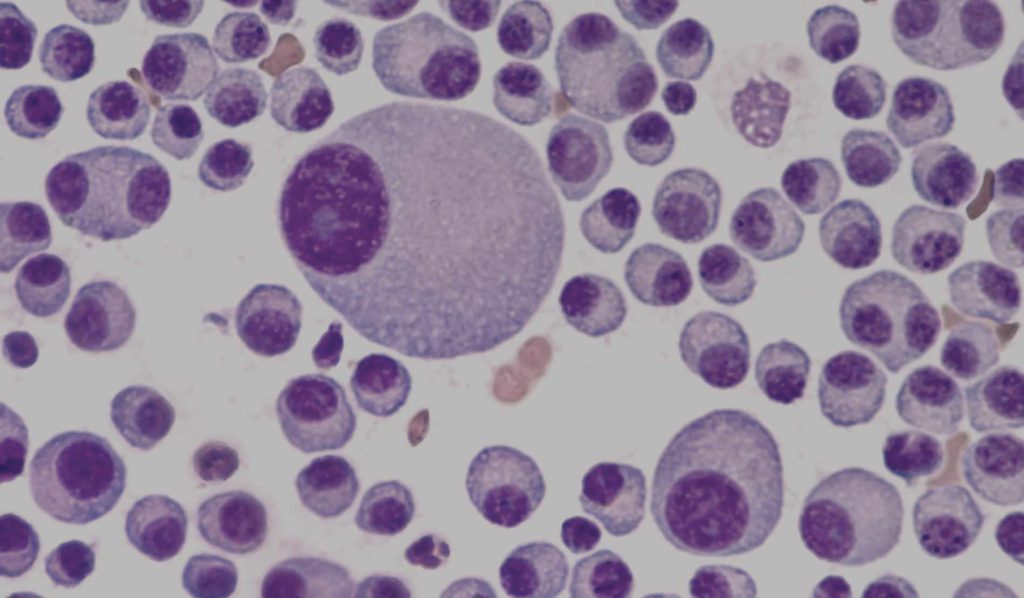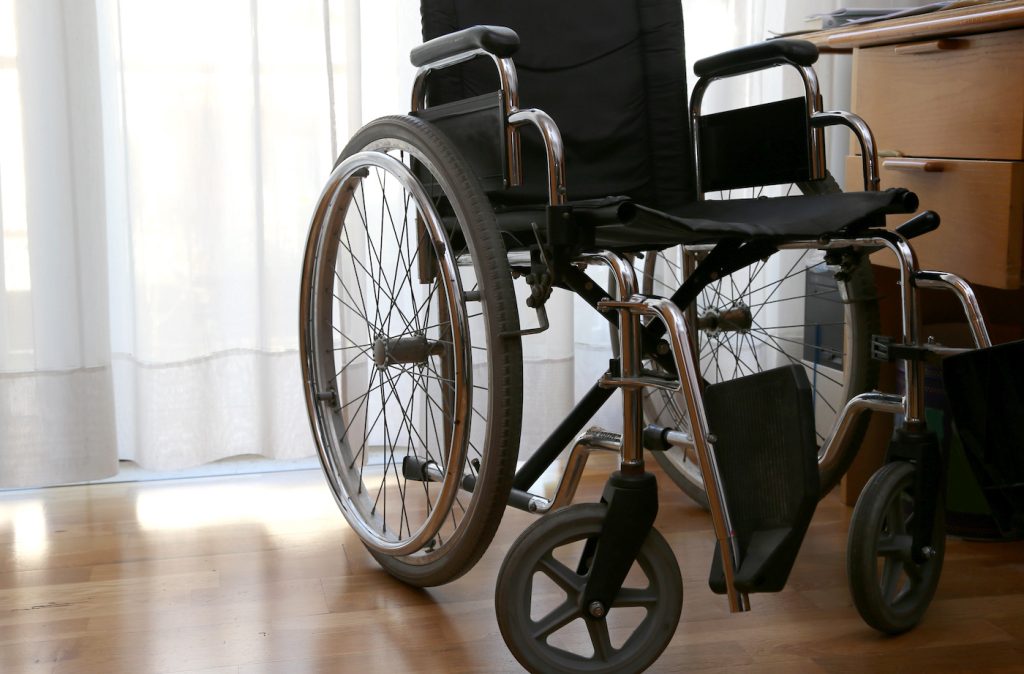Cell Therapy
Stem Cells and inflammatory bowel disease
Inflammatory bowel disease, IBD, includes Crohn´s disease and ulcerative colitis. IBD is characterized by chronic inflammation of the intestinal mucosa. Common symptoms are abdominal pain, diarrhea, weight loss, fever and constitutional symptoms1. The cause of the disease is incompletely mapped, but both heredity and environment are important.
IBD is significantly more common in the industrialized western world with a prevalence approaching 1 %, but is also increasing rapidly in countries where there have been a fast rise in livingstandards.
Current treatment includes surgical treatment, aminosalicylates, corticosteroids and immunosuppressive drugs2. The purpose of these treatments is to suppress inflammation and prevent injury. Researchers today are trying to identify and develop new and more effective treatments without the side effects that exist with today’s long-term medical treatment.
For an, as yet unknown reason, the immune system does not function normally in IBD as in several other so-called autoimmune diseases. The immunomodulatory and regenerative properties of mesenchymal stem cells, MSCs together with low immunogenicity make them promising candidates for the treatment of IBD. Stem cell therapy is a promising alternative for treating the tissue damage that exists by restoring the underlying disease process, among other things, by altering the mucosal immune response3. To date, several clinical trials have been conducted on both Crohn’s disease and ulcerative colitis4-6. The majority of studies show that systemic administration of MSCs has some effect in IBD.
A study with the title “Mechanism and therapeutic effect of umbilical cord mesenchymal stem cells in inflammatory bowel disease” describes several mechanisms for how umbilical cord stem cells can relieve symptoms of IBD7.
The study showed at the cellular level that stem cells increase the expression of various proteins that control mechanisms that can:
- Reduce the permeability of the walls of the stomach and intestines, that cause inflammation.
- Reduce cell destruction in walls of the stomach and intestines.
- Increase blood vessel formation, which can facilitate tissue repair in the intestinal tissue.
MSCs have been approved for the treatment of fistulous Crohn’s disease in various countries and are an attractive treatment option for subgroups of patients with Crohn´s disease with treatment refractory perianal fistula. Fistulas are unnatural ducts between the rectum and the outside of the body and are a common complication of Crohn’s disease. Further in-depth studies are warranted to understand the complex cellular mechanisms involved in the treatment of IBD with MSCs.
Ongoing phase III studies will give valuable information for the further development of these therapies.
References
- Adak, S., S. Mukherjee, and D. Sen, Mesenchymal Stem Cell as a Potential Therapeutic for Inflammatory Bowel Disease- Myth or Reality? Curr Stem Cell Res Ther, 2017. 12(8): p. 644-657.
- Bouguen, G. and L. Peyrin-Biroulet, Surgery for adult Crohn’s disease: what is the actual risk? Gut, 2011. 60(9): p. 1178-81.
- Ciccocioppo, R., et al., Perspectives of the International Society for Cell & Gene Therapy Gastrointestinal Scientific Committee on the Intravenous Use of Mesenchymal Stromal Cells in Inflammatory Bowel Disease (PeMeGi). Cytotherapy, 2019. 21(8): p. 824-839.
- Heslop, J.A., et al., Concise review: workshop review: understanding and assessing the risks of stem cell-based therapies. Stem Cells Transl Med, 2015. 4(4): p. 389-400.
- Lazebnik, L.B., et al., [Use of allogeneic mesenchymal stem cells in the treatment of intestinal inflammatory diseases]. Ter Arkh, 2010. 82(2): p. 38-43.
- Pan, X.H., et al., Mechanism and therapeutic effect of umbilical cord mesenchymal stem cells in inflammatory bowel disease. Sci Rep, 2019. 9(1): p. 17646.
- Zhang, X., et al., Potential methods for improving the efficacy of mesenchymal stem cells in the treatment of inflammatory bowel diseases. Scand J Immunol, 2020. 92(3): p. e12897.



